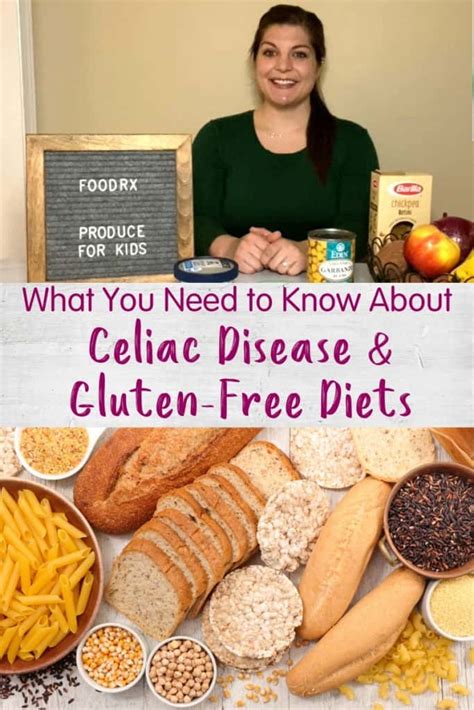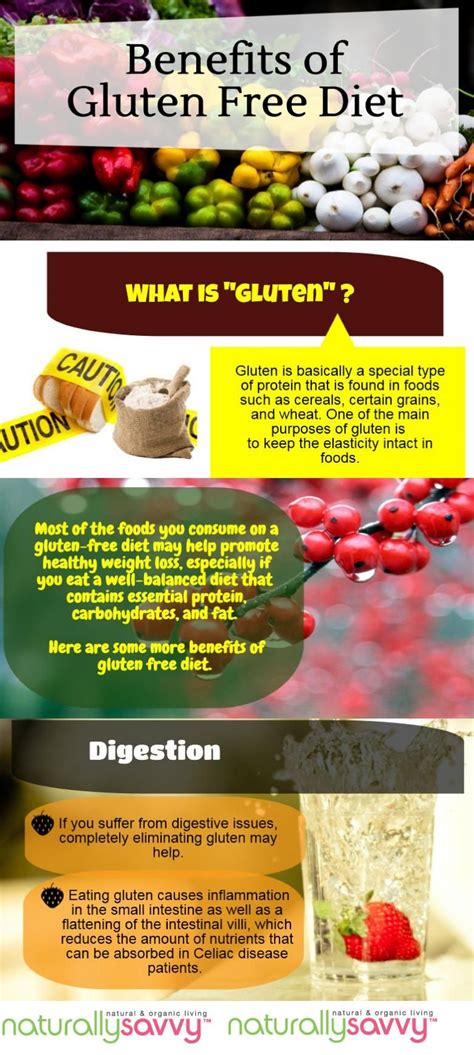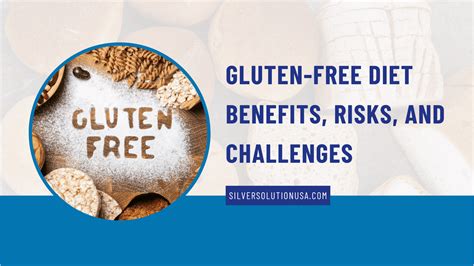Intro
Discover the benefits of a gluten free diet for managing celiac disease, with tips on gluten free living, celiac disease symptoms, and wheat free recipes for a healthy gut and improved digestion.
The importance of a gluten-free diet cannot be overstated, particularly for individuals diagnosed with celiac disease. Celiac disease is a chronic autoimmune disorder that causes the immune system to react to gluten, a protein found in wheat, barley, and rye. This reaction damages the small intestine and interferes with the absorption of nutrients, leading to a range of symptoms including abdominal pain, diarrhea, fatigue, and weight loss. A gluten-free diet is the only treatment for celiac disease, and it requires a significant lifestyle change. In this article, we will delve into the world of gluten-free diets, exploring the benefits, challenges, and practical tips for managing celiac disease.
For individuals with celiac disease, adopting a gluten-free diet is not just a matter of making a few simple changes to their eating habits. It requires a thorough understanding of gluten, its sources, and its potential hiding places in various foods. Gluten is a sneaky protein that can be found in many unexpected places, from sauces and seasonings to processed meats and beverages. A gluten-free diet demands vigilance, planning, and creativity, but the rewards are well worth the effort. By eliminating gluten from their diet, individuals with celiac disease can heal their damaged intestines, alleviate symptoms, and improve their overall health and well-being.
The journey to a gluten-free lifestyle begins with education and awareness. It is essential to understand the basics of gluten, its effects on the body, and the importance of strict adherence to a gluten-free diet. With the rise of gluten-free products and awareness, it has become easier for individuals with celiac disease to find gluten-free alternatives to their favorite foods. However, it is crucial to remember that a gluten-free diet is not just about replacing gluten-containing foods with gluten-free ones; it is about adopting a new way of eating that prioritizes whole, nutrient-dense foods and minimizes processed and packaged products.
Understanding Gluten and Celiac Disease

Types of Gluten
There are several types of gluten, including: * Wheat gluten: Found in wheat, spelt, and kamut * Barley gluten: Found in barley and malt * Rye gluten: Found in rye and triticale It is essential to note that while oats do not contain gluten, they can be contaminated with gluten during processing, making them a potential hazard for individuals with celiac disease.Benefits of a Gluten-Free Diet

Gluten-Free Diet and Weight Loss
While a gluten-free diet is not a guaranteed weight loss solution, it can be an effective way to shed pounds and improve overall health. By focusing on whole, nutrient-dense foods and minimizing processed and packaged products, individuals can reduce their calorie intake, improve their nutrient absorption, and boost their metabolism.Challenges of a Gluten-Free Diet

Gluten-Free Diet and Nutrition
A well-planned gluten-free diet can provide all the necessary nutrients for optimal health. However, it is essential to pay attention to potential nutrient deficiencies, including: * Fiber: Found in whole grains, fruits, and vegetables * Iron: Found in red meat, poultry, fish, and fortified cereals * B vitamins: Found in whole grains, meats, and fortified cereals * Calcium: Found in dairy products, leafy greens, and fortified plant-based milkPractical Tips for a Gluten-Free Diet

Gluten-Free Baking
Gluten-free baking can be challenging, but with the right ingredients and techniques, it is possible to create delicious and gluten-free baked goods. Some tips for gluten-free baking include: * Using a combination of gluten-free flours * Adding xanthan gum or guar gum to improve texture * Using gluten-free baking powder and baking soda * Experimenting with different ratios of liquid to dry ingredientsConclusion and Next Steps

We invite you to share your experiences, tips, and favorite gluten-free recipes in the comments below. Let's work together to create a supportive community that promotes gluten-free living and healthy eating.
What is celiac disease?
+Celiac disease is a chronic autoimmune disorder that causes the immune system to react to gluten, a protein found in wheat, barley, and rye.
What are the symptoms of celiac disease?
+The symptoms of celiac disease include abdominal pain, diarrhea, fatigue, weight loss, and malabsorption of essential nutrients.
How is celiac disease diagnosed?
+Celiac disease is diagnosed through a combination of medical history, physical examination, blood tests, and intestinal biopsy.
What is the treatment for celiac disease?
+The treatment for celiac disease is a strict gluten-free diet, which involves eliminating all sources of gluten from the diet.
Can celiac disease be cured?
+While celiac disease cannot be cured, it can be managed effectively through a gluten-free diet and lifestyle changes.
